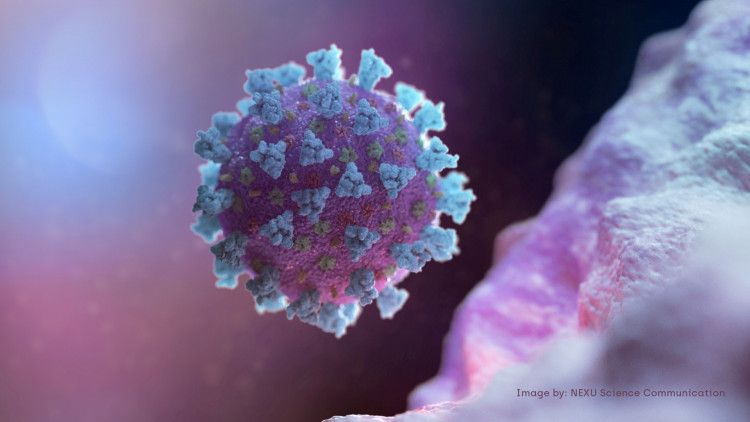California-based biopharmaceutical company Gilead Sciences, Inc. -- the maker of remdesivir, a treatment for COVID-19 now in human trials -- has announced an "expanded access" program that will make the investigational drug available for emergency use in severely ill patients.
Chairman & CEO Daniel O'Day on Saturday announced the move even as the company has been conducting two clinical trials on remdesivir's safety and efficacy in Hubei province in China since early February. Gilead expanded these studies later that month with the launch of two Phase 3 clinical studies to evaluate the safety and efficacy of remdesivir in adults diagnosed with COVID-19.
These randomized, open-label, multicenter studies started this month. It enrolled 1,000 patients at medical centers in other Asian countries, and other countries with high numbers of diagnosed COVID-19 cases. The new studies are assessing two dosing durations of remdesivir administered intravenously. These studies follow the U.S. Food and Drug Administration's (FDA) rapid review and acceptance of Gilead's filing for remdesivir for the treatment of COVID-19.
O'Day said Gilead is on track to have initial data on the Hubei trials in the coming weeks. While awaiting these results, O'Day said Gilead is making remdesivir available for severely ill patients that cannot enroll in a trial. He said this "compassionate use" program is typically reserved for a small number of individual cases. He did emphasize, however, there's nothing typical about the global COVID-19 pandemic "and to date we have provided remdesivir to more than 1,000 patients."
He pointed out the ongoing test program in China is designed by regulatory authorities in such a way each application has to be reviewed on an individual basis. This works well when there are only a limited number of requests. O'Day said the system can't support and process the overwhelming number of applications Gilead has seen with COVID-19.
"To address this, we are transitioning to what should be a more streamlined, sustainable approach with 'expanded access' programs," he said. "The compassionate use program will continue for children and pregnant women only, reducing the numbers to a level where the system can cope.
He said Gilead's expanding the access to remdesivir will allow hospitals or physicians to apply for emergency use of remdesivir for multiple severely ill patients at a time.
"While it will take some time to build a network of active sites, this approach will ultimately accelerate emergency access for more people," said O'Day.
Once expanded access is approved, Gilead "will work to ensure affordability and access so remdesivir is available to patients with the greatest need," said O'Day.
Initial expanded access sites in the United States began operating Friday. O'Day expects sites in more countries will be activated soon.
"Today we are working at speed to establish the temporary expanded access programs, while at the same time establishing the potential safety and efficacy of remdesivir and determining for which patients remdesivir may have activity," said O'Day.
Remdesivir is currently being used to treat Chinese taken ill by COVID-19. A clinical study released in February said remdesivir "could be an effective treatment for 2019-nCoV and should be formally investigated as a therapeutic agent for the treatment of 2019-nCoV pneumonia."
In early February, Remdesivir entered clinical trials in Wuhan on patients with SARS-CoV-2, the virus that causes COVID-19. It was previously tested in two trials in China on patients with moderate and severe symptoms of SARS-CoV-2, said Merdad Parsey, Gilead's chief medical officer.
The Wuhan trials are being conducted at Jinyintan Hospital in Wuhan under Phase 3 conditions. Gilead Sciences shipped enough doses to treat 500 patients and has accelerated production in case the clinical trials prove successful.
The World Health Organization (WHO) in February said remdesivir might be the most promising drug for treating SARS-CoV-2.
Remdesivir is an investigational nucleotide analog with broad-spectrum antiviral activity both in vitro and in vivo in animal models against multiple emerging viral pathogens. These pathogens include Ebola, Marburg, MERS and SARS.
Remdesivir is not yet licensed or approved anywhere globally and has not been demonstrated as safe or effective for any use.






